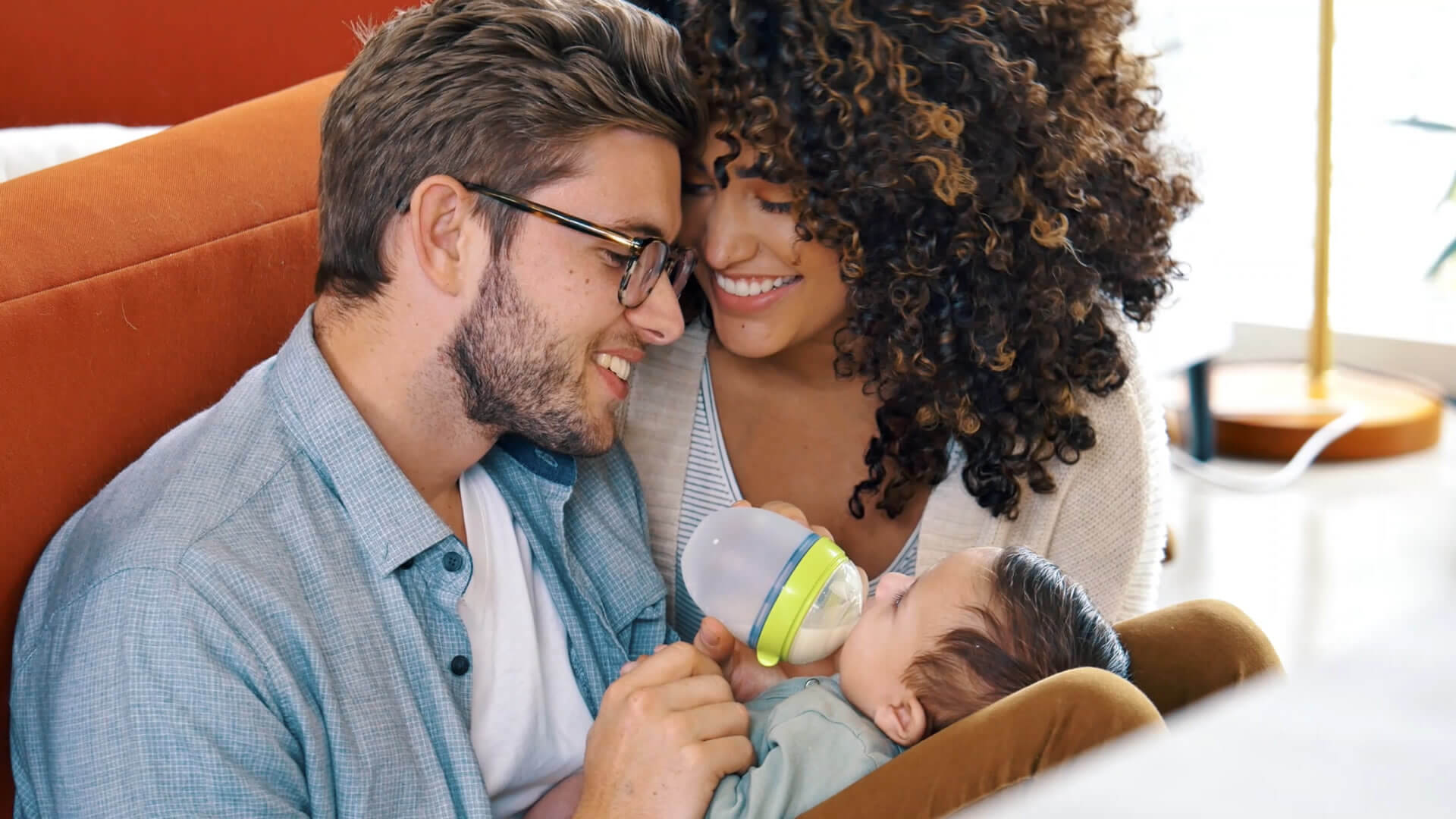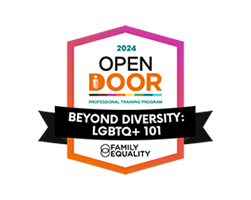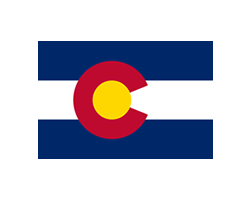One of the most important aspects of the egg donation process we help facilitate for intended parents (IPs) is the direct legal agreement with their donor. Once a donor has passed the medical and psychological screening, the IPs and the donor will have the opportunity to consult separately with attorneys who specialize in assisted reproduction to craft a customized contract that is agreeable to both parties. This is a service that sets Egg Donor Solutions (EDS) apart from many fertility clinics with in-house donor programs and frozen egg banks where having a direct agreement with the donor is typically not an option.
“One of the greatest advantages for IPs in having a direct donor agreement is the ability to tailor the agreement to their specific needs and desires (within the bounds of the law),” says Jenifer Chiles, an attorney with the Dallas-based Chiles & Warren Law Group. “If the IPs have a certain request or desire, we can see if it’s something the donor will agree to and have it included in the contract.”
The Chiles & Warren Law Group (formerly the Law Office of David Cole) frequently partners with EDS to represent IPs. The firm is led by Jenifer and her colleague Amanda Warren, who have more than 30 years of combined experience working with clients pursuing egg and sperm donation, gestational surrogacy, and embryo adoption to build their families.
We asked Jenifer and Amanda to share their experience working with EDS, as well as their expertise regarding why it’s important for IPs to have a direct donor agreement and important things to consider during the legal process.
What’s included in the agreement
Before the agreement is drafted, an EDS coordinator will provide the IPs with an overview of what will be included so there are no surprises. She will also discuss important elements of the agreement that often require thoughtful evaluation, such as the disposition of any remaining embryos once the family building is complete and future contact with the donor. Then, EDS will provide an intake form to the attorney that outlines the specifics of the agreement and de-identification codes for both the IPs and the donor.
“Once we receive the intake form from EDS, we send a retainer letter to the IPs for our services and draft the agreement,” Amanda explains. “It outlines the donor’s compensation, travel details (if applicable) and any blackout dates for the donor, supplemental insurance for the donor, confidentiality options and the disposition of eggs or embryos.”
One of the most important functions of the legal agreement is to establish parental rights for the IPs. “During the consultation, we talk about how the agreement explains the foundation of what everyone is doing,” Jenifer says. “It explains how the donor understands that she is donating her eggs to the IPs for their use and will not be a parent to any children born from those eggs. It also specifies that the IPs will assume the parental rights, responsibilities, and financial obligations for the children.”
Once the IPs are happy with the contract, it is sent to the donor’s attorney for review. The agreement is revised until both parties are comfortable signing it. “When everyone is ready to sign, we send instructions for how to execute the agreement with a notary using the de-identification status, which is maintained at all times,” Amanda explains. “EDS is very well streamlined in their process. They provide IPs and donors with a lot of education, so Jenifer and I are able to focus on the legal and technical aspects of drafting the agreement. It’s a very different experience from working with clients who haven’t been educated.”
Working with a qualified attorney
The Chiles & Warren Law Group focuses exclusively on family building through assisted reproduction, and as Jenifer explains, it’s important for IPs to work with an attorney who specializes in this specific area of law. “Sometimes IPs will want to use a family member or friend who is an attorney, and while they absolutely can, we have found that working with a lawyer who specializes in this area benefits the client much more,” she says. “An attorney who has been trained in the legalities of assisted reproduction will understand the intricacies of the process and will look for things that another lawyer might gloss over.”
As an example, Jenifer shares how the legal agreement should address what will happen if the IPs pass away prematurely. “We cover this in our agreements because we want to ensure there is clear direction on what should happen with any cryopreserved embryos or eggs in the event of the IPs’ death,” Jenifer says. “We also want to ensure the donor is protected and it’s made clear that she would not be expected to become a parent to the children.
Options for future contact
Another important element of the agreement is establishing a way for IPs to contact the donor in the future for medical updates, questions or in the event their children want to reach out when they are older. This is typically done via the Donor Sibling Registry (DSR), a nonprofit organization that facilitates connections between donor-conceived people, egg donors, sperm donors, siblings and recipient parents through its website.
When the DSR is included in the agreement, IPs pay the membership fee for themselves and the donor, who is required to register with the site and keep her information current. IPs and donors can choose to remain unidentified to one another and communicate strictly through the DSR, or they may choose to exchange names and personal contact information.
“Commercial DNA tests are readily available, and genetic testing is becoming more and more common. Therefore, we cannot guarantee anonymity to our clients,” Jenifer explains. “There has been a shift in recent years from anonymous donation to using the term ‘de-identified’ in legal agreements. We try to have that conversation with clients to prepare them for the possibility of connecting in the future.
“The clients who come to us from EDS are already aware of this. EDS does a good job of educating IPs on the availability of the DSR and most opt to have it written into their agreements. It’s very open and normal and a positive way to approach egg donation.”
Amanda adds, “Occasionally we will have a client (outside of EDS) who is not open to contact and doesn’t plan on telling their children. I want to be respectful of their wishes, but I feel I need to take the time to explain that while they may want to be anonymous and not tell their children, the odds are that they will find out.
“I often go back to something Kallie Wilson (EDS Client Care & Operations Director) told me when we were discussing the DSR. In educating IPs about the potential for future contact, she will pose the question of ‘do you want to go on this journey with your child, or do you want them to do it on their own?’ That has really stuck with me. It’s much healthier for IPs to be open and involved.”
The importance of education
At EDS, we understand the decision to build your family through egg donation is complex. We are committed to educating our IPs on all aspects of the egg donation process, as well as sharing resources for parents of donor-conceived children, such as this blog post with a psychologist’s advice regarding how to talk to your children about egg donation. If there is a topic you would like to know more about, please send an email to Katy@CreateAHappyFamily.com.


Jenifer Chiles
Jenifer has been a part of the family-building legal field since 2007. Read her bio here.
Email: jenifer@artslegal.com

Amanda Warren
Amanda has been helping create families through adoption and assisted reproduction since 2005. Read her bio here.
Email: amanda@artslegal.com
**The information provided in this article does not, and is not intended to, constitute legal advice; instead, all information, content, and materials available in this article are for general informational purposes only

We help Intended Parents Create Happy Families via Egg Donation & Surrogacy with the help of caring Egg Donors & Surrogates.
Donor sibling registry, egg donation process, Egg Donor Solutions, Intended Parents, Why use an agency?, Intended Parent Resources, Intended Parent Webinar, Getting started, Why our agency?, Selecting your donor.






